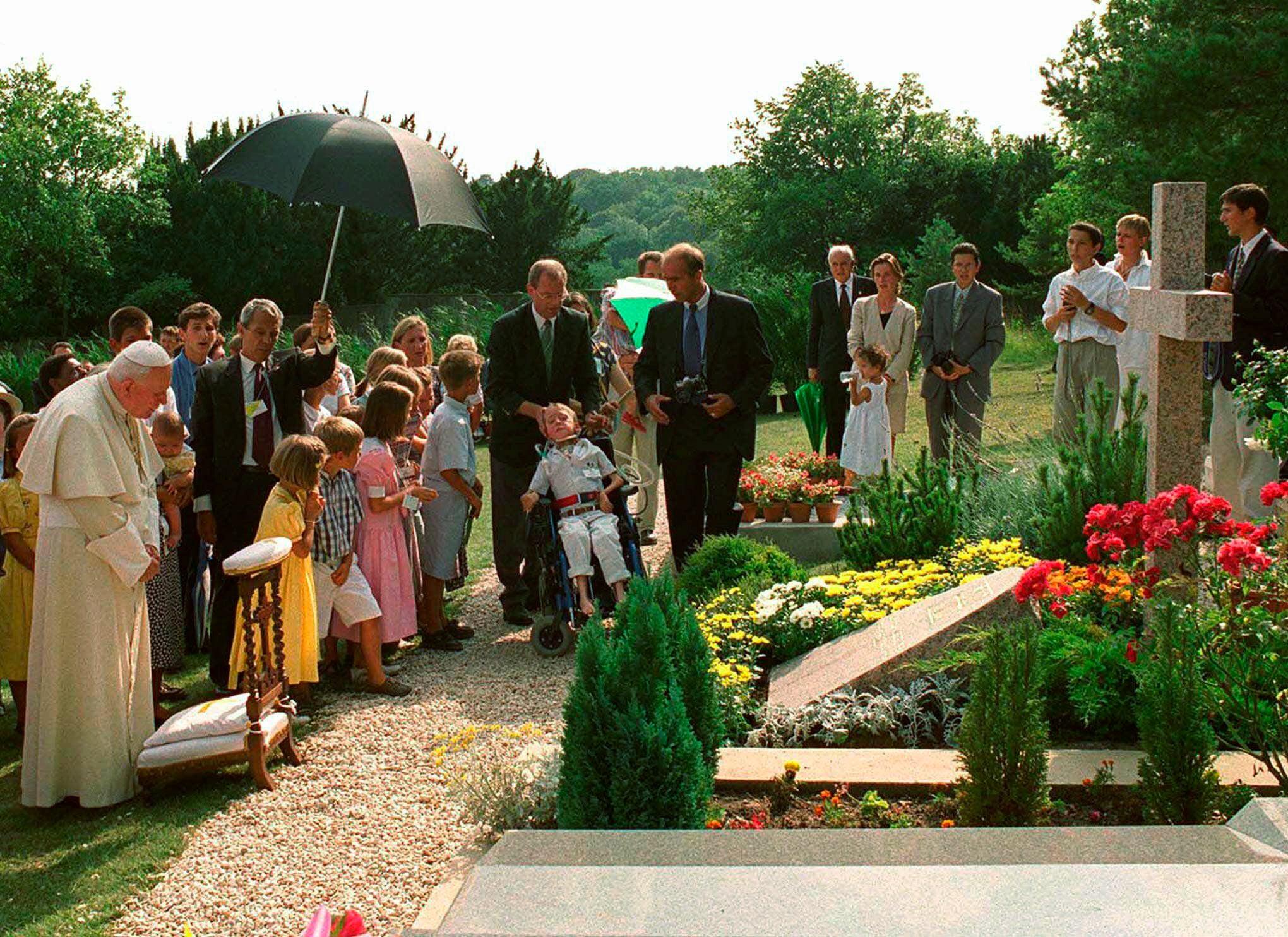Pope moves Down syndrome MD-advocate closer to sainthood
The French doctor who discovered the genetic basis of Down syndrome but spent his career advocating against abortion as a result of prenatal diagnosis has taken his first major step to possible sainthood

The French doctor who discovered the genetic basis of Down syndrome but spent his career advocating against abortion as a result of prenatal diagnosis has taken his first major step to possible sainthood.
Pope Francis on Thursday approved the “heroic virtues” of Dr. Jerome Lejeune, who lived from 1926-1994 and was particularly esteemed by St. John Paul II for his anti-abortion stance.
The papal recognition of Lejeune’s virtues means that he is considered “venerable” by the Catholic Church. The Vatican must now confirm a miracle attributed to his intercession for him to be beatified, and a second one for him to be declared a saint.
According to his official biography, Lejeune in 1958 discovered the existence of an extra chromosome on the 21st pair during a study of the chromosomes of a child. It was the first time scientists had found a link between an intellectual disability and a chromosomal anomaly; the condition is now known as trisomy 21.
“Although the results of his research should have helped medicine to advance toward a cure, they are often used to identify children carrying these diseases as early as possible, usually with the aim of terminating pregnancy,” the Jerome Lejeune Foundation wrote in its biography.
“As soon as the pro-abortion laws were drafted in western countries, Lejeune began advocating for the protection of the unborn with Down syndrome: he gave hundreds of conferences and interviews across the globe in defense of life,” the group said.
John Paul in 1974 made Lejeune a member of the Vatican’s Pontifical Academy of Sciences think tank and later named him the first chairman of the Pontifical Academy for Life, the Holy See’s main bioethics advisory commission.
John Paul visited Lejeune's grave during the Paris World Youth Day in 1997.
Though John Paul made the church’s firm opposition to abortion a hallmark of his quarter-century papacy, Francis too has strongly denounced what he calls today's “throwaway culture” that considers the weak, disabled or sick disposable. He has likened abortion to hiring a “hit man” to take care of a problem.
Bookmark popover
Removed from bookmarks